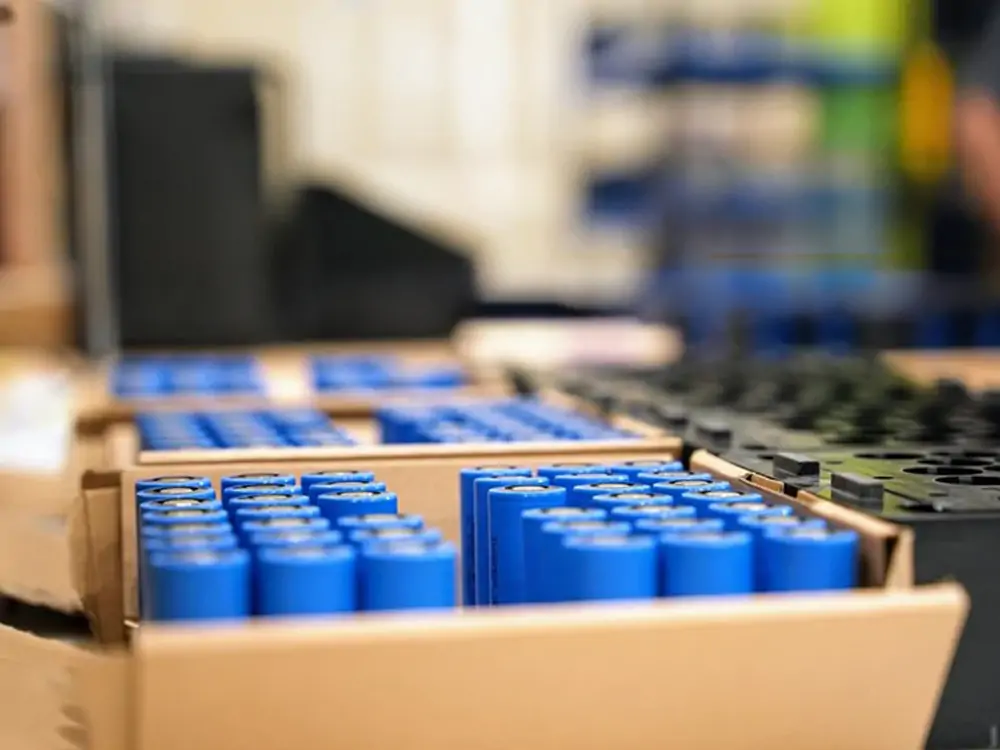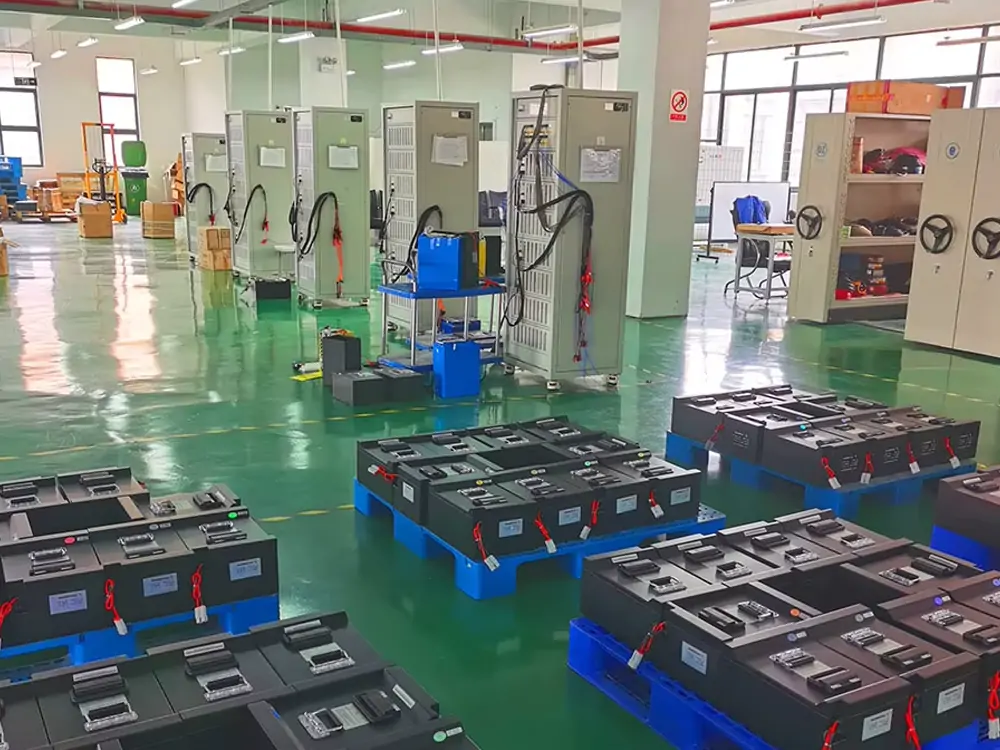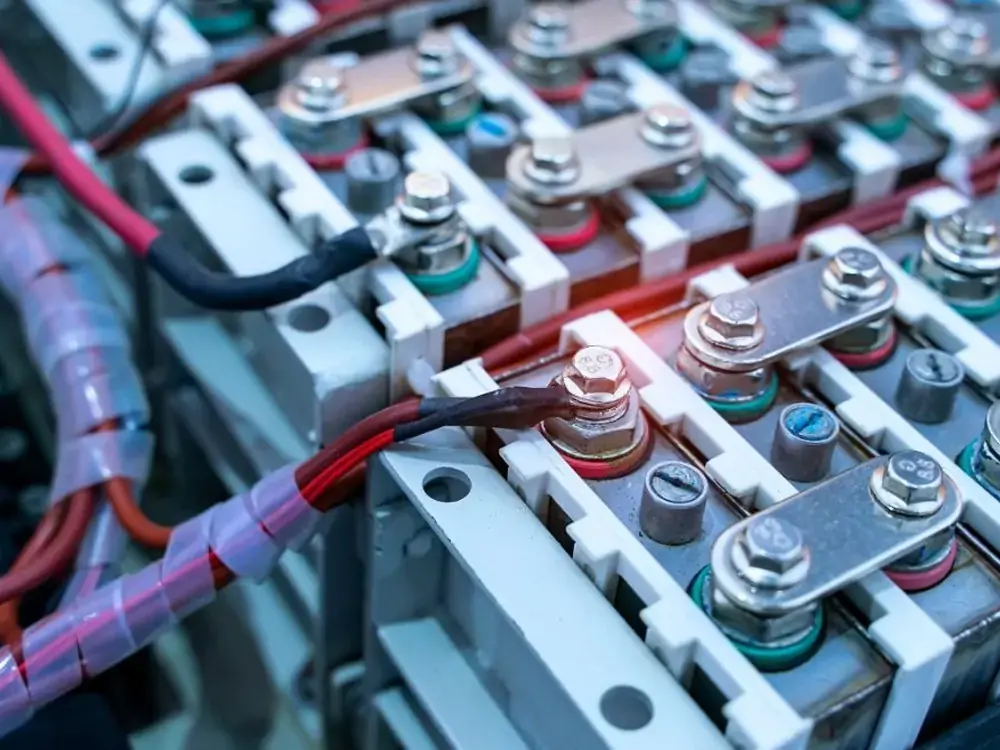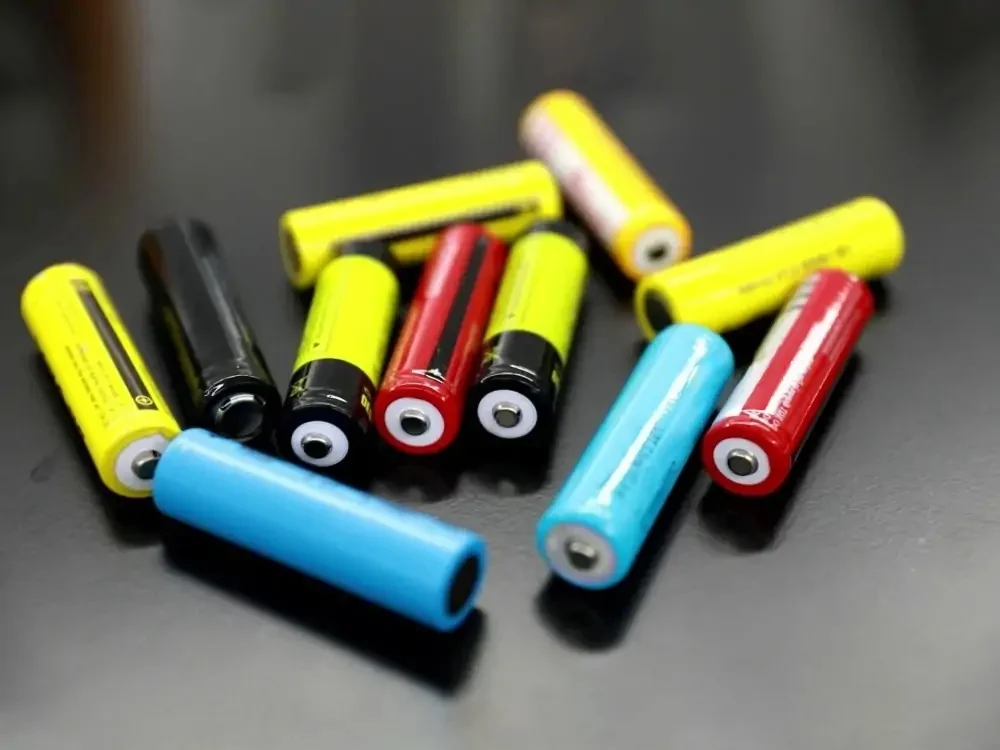Lithium-ion batteries are prevalent in almost all electronic devices. However, they are sensitive and require special conditions. Storing lithium-ion batteries in unfavorable conditions can affect their performance and longevity. This brings up the question of how to store lithium-ion batteries safely.
The majority of people don’t know the answer. As a result, most batteries start to leak, swell, and sometimes burst quickly. Imagine a battery stored at a very high temperature. The battery will never perform well once it is brought out for use. So, understanding the proper protocol matters the most.
Don’t you have basic guidelines about how to store lithium-ion batteries? Fret not! This article is your savior – giving you all the possible ways to store the battery safely. Let’s get started!
Why Storing Lithium-Ion Batteries is Important?

Before going into details, let’s discuss why lithium-ion battery storage matters!
Lithium-ion batteries are robust and offer excellent performance. However, they are sensitive and require special conditions for their long-term performance. Suppose you store a battery in unfavorable conditions. After some time, you’re more likely to see the following:
- Capacity loss
- Overheating issue
- Shortened lifespan
- Swelling or Bulging
- Chemical imbalance
- Rusting if exposed to moisture
All these issues affect the performance of lithium-ion batteries. As you know, manufacturers generally advertise that their batteries last many years. But when you use it, you notice that the battery life is not as good as you saw in advertisements. Right? That is because your battery remains or is stored in bad condition.
The manufacturers provide guidelines about how to maintain and store a battery. Unfortunately, we ignore them, which reduces the life and efficiency of our batteries. If you store the battery safely, you’ll be less likely to see wear and tear in it. Moreover, its performance will be impressive, and life will be as good as you want it to be.
7 Best Ways to Store Lithium Ion Batteries
Do you want to avoid the issues mentioned above? If so, you must follow some safety protocols when storing batteries. Most lithium battery issues come from incorrect storage. The section below will mention 7 practical tips to help you avoid those issues. So, let’s begin!
1- Storage Temperature

Lithium-ion batteries work through chemical reactions. If that chemical reaction gets too slow or fast, it will affect the battery’s performance. Those reactions require specific temperatures. However, the reaction speed increases when you store the battery at a higher temperature. As a result, you see leaking and swelling issues on the battery.
Therefore, store the lithium-ion battery at a favorable temperature. But what is a favorable temperature? A temperature between 20°C and 25 °C is suitable for lithium-ion batteries. A temperature below 35 °C is safe for batteries. However, storing batteries at temperatures greater than 40°C will affect them.
2- Humidity & Ventilation
Storing a battery in a humid environment invites rust and corrosion. The terminals of the batteries get rusty quickly. Moreover, you’ll see static electricity build up in batteries if stored in moist conditions. Store the lithium-ion batteries in an environment where humidity remains between 20% and 50%.
Remember, if the battery’s terminal gets rusty, it won’t provide the required voltage to devices. Moreover, proper ventilation is also paramount. Lithium-ion batteries release some gases due to chemical reactions. Therefore, you should store them in an area that is a bit open. This will allow the gases to pass out instead of build-up and prevent overheating.
3- Don’t Store Charged Battery
This is a common mistake that most people make. Remember, storing a battery with a 100% charge can be a terrible idea. A fully charged battery remains under pressure, and all the internal parts and components remain under stress for an extended period. As a result, those components start to deteriorate and lose their effectiveness.
It affects the battery’s charge-holding capacity. Have you ever seen a brand-new smartphone with a 50% battery? That’s because lithium-ion batteries at 50% charge remain safe. Charge the battery at 40 to 50% when storing. It will save the battery components from facing additional stress and pressure.

4- Leak Containment
Do you have an old lithium-ion battery? Unfortunately, it will start to leak if you don’t take care of it. Remember, batteries use electrolytes. Once they are damaged, that electrolyte begins to leak. So, you should keep them in plastic containers. The reason is that plastics do not react with battery leakages.
Conversely, storing a lithium-ion battery in a metal box is never a good idea. The electrolyte can react with metal or even with wood. Monitor now and then when storing such old batteries. This way, you’ll be able to clean those leak containment containers regularly and avoid issues.
5- Label Stored Batteries
When storing a lithium-ion battery, label it with information, including the charge date and charge level. Sometimes, when we store batteries, they slowly lose their charge. But if we don’t pay heed to them, they become empty.
Such stored batteries with no charging are hazardous to their health. Labeling the charge date and level will help you track the battery’s charging. It also gives you an idea about how fast or slow batteries discharge their charge. In this way, you’ll be able to know the battery’s capability.
6- Separate Battery Terminals
The lithium-ion battery comes with two terminals. One is positive, and the other is negative. If these two terminals make contact, there will be a short circuit. During storage, you should ensure that these terminals don’t make contact. You might think terminals are far from each other and won’t make contact.
However, some conductive material may come in contact with both terminals at the same time. It will create a short circuit. When storing lithium-ion batteries, you should cover the terminal with a cap or tap. This will ensure that the terminals of the batteries won’t make contact with each other. It will significantly reduce the chances of short circuits.
7- Avoid Overcrowding
Are you storing multiple lithium-ion batteries? As such, you should keep the batteries at a specific spacing. Never overcrowd the battery during storage. This will result in a lack of ventilation, reducing gas dissipation. Moreover, the chances of the battery overheating increase. Additionally, you should store the lithium-ion batteries in an upright position.
It will ensure that the terminals of the batteries don’t touch the surface. Imagine you place batteries in a position where the terminal touches any metal. Such metal will act as a conductor and create a connection between two terminals. It will result in a short circuit that will destroy the batteries.
How to Store Lithium Ion Batteries in Winter?
The safety guidelines are almost the same for both winter and summer. The above section has mentioned all the safety tips and guidelines. However, in winter, the temperature remains very low. In some countries, the temperatures are below 0°C, which can be bad for battery storage. At such a low temperature, the battery’s components start to degrade.
When you reuse those batteries, they do not offer effective performance. You will face issues like capacity loss and rusting. If the temperatures are very low, an insulated storage box is recommended. These storage boxes maintain the temperature and don’t allow the components to freeze. Similarly, you should be careful when the weather is too hot. Ensure that batteries remain under temperature between 15°C and 35°C.
Maintenance Tips for Lithium-Ion Batteries

The above mentioned practical tips for safe lithium-ion battery storage. However, a few tips can enhance your battery’s performance.
- Never overcharge the lithium-ion battery
- Use original charger (avoid counterfeit ones)
- Regular cleaning of the terminal doesn’t allow them to rust.
- Don’t keep batteries in direct sun as UV radiation can affect them.
- If you see swelling on the battery, don’t use it, as it can explode due to usage.
- Don’t discharge the batteries to zero level (0%). Partial discharge is more suitable for their health.
Frequently Asked Questions
How can lithium-ion batteries safely be stored when they are not in use?
You should store your lithium-ion battery in a dry environment, keeping the temperature under 35. To avoid a short circuit, place a cap on the terminal or cover it with tape. Keep the battery charging level to 50% so internal parts don’t remain under stress.
Where to store lithium-ion batteries?
Lithium-ion batteries can be stored anywhere; there is no restriction on the place. However, to maintain the batteries’ long-term performance, you should follow the safety protocol.
Should batteries be stored, charged, or uncharged?
You should store batteries (lithium-ion) partially charged. Don’t charge them fully or uncharge them entirely before storing them. Overcharging will put pressure on the internal component. It will reduce the efficiency of the battery.
Is it safe to store lithium batteries in the house?
Yes, storing lithium-ion batteries in the house is generally safe if you follow safety guidelines. However, if you ignore safety protocol, their storage is unsafe no matter where you place them. It is not about location, but it is all about whether you follow safety guidelines.
Conclusion
Lithium batteries have seen a big boom recently. They offer several benefits that make them stand out over dry batteries. However, storing these batteries requires special attention. Unsafe storage can pose issues for their health.
Lithium batteries can explode if overcharged or overheated. Therefore, the right approach to storage is key. This article discusses the seven best ways to store lithium-ion batteries properly.
